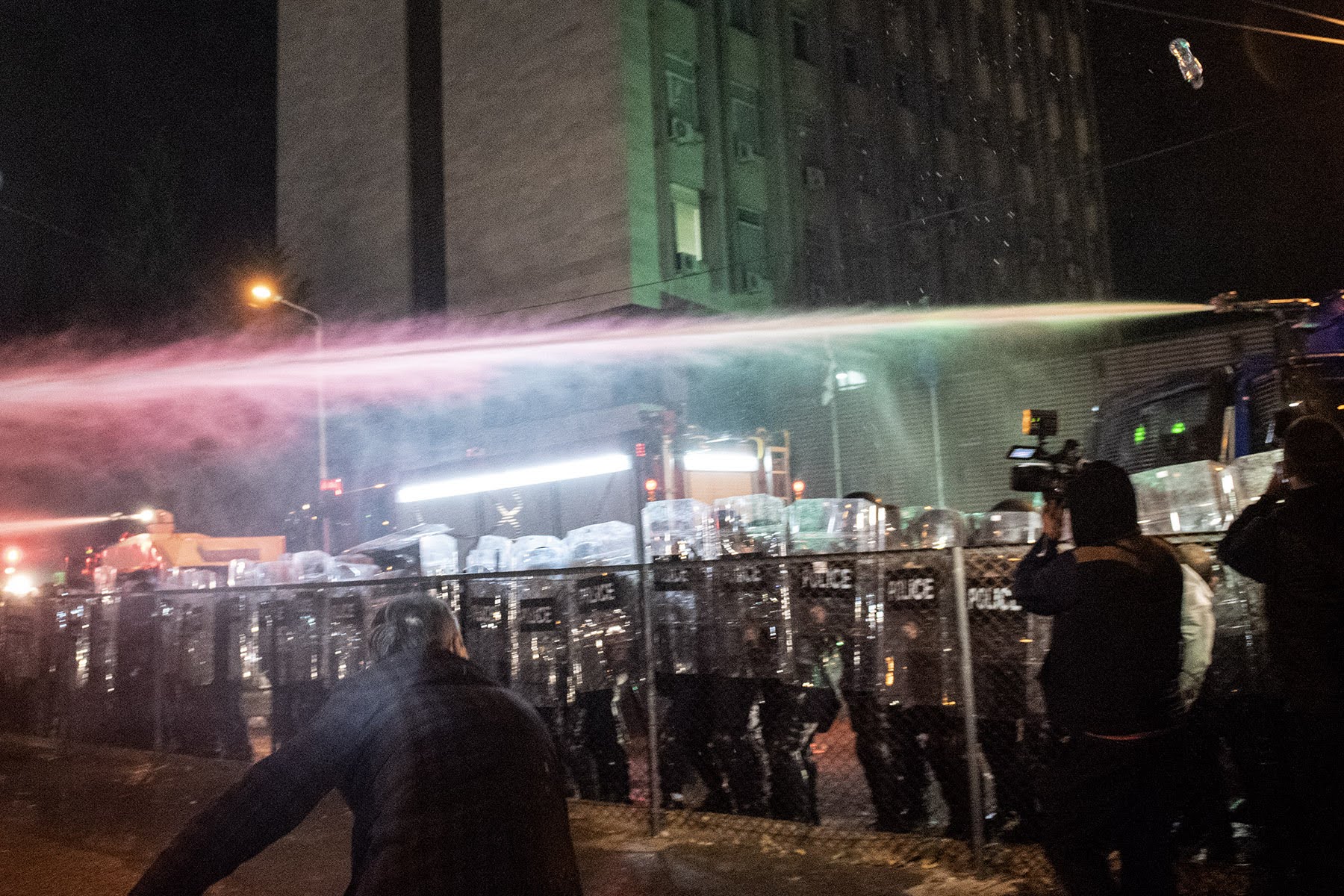Government makes blocking access to Central Election Commission illegal

The Georgian government made blocking access to the Central Election Commission (CEC), the parliament, and the Patriarchate building illegal, just three days before the parliamentary elections.
On Wednesday, Prime Minister Irakli Kobakhidze signed a resolution designating the CEC as an object of strategic or special importance.
The designation was also given to parliament, the Patriarchate building, the Government Chancellery, as well as unspecified state institutions, courts, and certain roads.
The resolution references articles 222 and 330 of the criminal code, with Article 222 stipulating that hindering the operation of an object of strategic importance is punishable up to two years in prison, and between two to four years if committed by a group.
Article 330 states that seizing or blocking an object of strategic or special importance for terrorist purposes is punishable by 10–15 years of imprisonment.
The government has confirmed to RFE/RL that they have not had a list defining areas or objects of strategic importance in recent years.
The government earlier in October assigned state protection to the chair of the CEC, Giorgi Kalandarishvili.
In mid-August, the CEC published a press release about the erection of a barricade around its building, which they said was being set up in preparation for the elections in October.
‘The installation of new fences in the certain vicinity of the institution’s building is a crucial step for strengthening safety. Furthermore, its modification responds to the minimal standards of safety’, said the CEC.
Following the 2020 parliamentary elections, thousands of demonstrators marched to the CEC from parliament to protest against the results of the elections. At the time, riot police deployed water cannons several times to disperse protesters who were trying to tear down fences around the building.
[Read more: Protesters face off with riot police outside Georgian Central Election commission]

On Thursday, Georgian Interior Minister Vakhtang Gomelauri announced the purchase of several new water cannons for riot police.
Former President Eduard Shevardnadze’s government similarly published an order making blocking access to the CEC illegal two weeks before the 2003 elections. The decision was scrapped by the United National Movement-led government months after they came to power following the Rose Revolution.









